With more people looking to try and ‘eat green’ it is safe to say our purchasing habits and food choices are beginning to become more environmentally-friendly.
Eating green is an easy way to make a big impact with only a few subtle changes to your diet and the way you shop.
It isn’t about adding broccoli or kale to your diet. It is a lifestyle change which centres around the idea of eating sustainable food that is healthier for yourself and the environment.
This means investing in ethically raised meat and poultry, introducing more plant-based meals into your routine, choosing responsibly sourced fruit and veg, and supporting local.
Things like using reusable shopping bags, recycling food and drink packaging, and even taking your bike or walking to the shop instead of using your car, can all count towards eating green.
By making these lifestyle changes you can benefit from a more balanced diet which can in turn help your body and the environment.
Earth Day takes place today and is an annual event that occurs on April 22 in support of environmental protection.
Since its inception in 1970, the global movement has seen one billion people in over 193 countries get involved to raise awareness about the current climate situation and ways to reduce climate change.
Are sustainable food choices important?
Making sustainable food choices is far more crucial now than it ever has been before.
The amount of pollution from transporting food across countries, production processes and storing wasted food in landfills is increasing the green house gas emissions that contribute to climate change.
According to the United Nations Foundation, climate change is putting many of the food production sources we use at risk due to drastic changes in weather, which affect growing conditions.
In the long-term the federation says this may result in food shortages globally, with crop yields potentially declining up to 30% by 2050.
In what ways can you be more sustainable?
There are numerous ways in which we can all be more sustainable. Even just looking at our own eating habits, how we use leftovers, and food waste in general can be helpful.
And I have found from my personal experience that it can also be quite fun and feel very rewarding.
These are three ways in which I have started to adopt in my pursuit of eating greener.
1) Too Good To Go Bags
For anyone who hasn’t been following the Food and Drink Team, every second week we purchase a Too Good To Go bag and review it. These are primarily from local independent shops.
On a mission to fight food waste, Too Good To Go is an online app which allows you to connect with local restaurants and shops in your area and stop excess food going to waste.
At a reduced price these mystery bags are ordered via the app. All you need to do is put in an address and the app will then recommend local eateries that are signed up and are offering bags of food that day.
Not only are you supporting businesses be more environmentally friendly with less food going to waste, but you’re also helping keep money in your own pocket as the food is sold at a fraction of the price.
2) Zero-waste shops
Another way is to shop at zero-waste stores in your local area.
These shops encourage people to live a more zero-waste lifestyle by eliminating packaging and asking customers to bring their own reusable or recyclable containers from home to fill and refill with wholefoods.
These products, which range from lentils and pumpkin seeds to granola and chocolate, are displayed in a variety of gravity dispensers for you to choose from.
This allows for specific quantities of food to be bought and used, resulting in less food being thrown away.
3) Green recipes
Green recipes are a growing trend which almost anyone can get on board with. They tell you how to use leftover food to create a new dish.
Examples include using slightly stale bread to make French toast or breadcrumbs, or using vegetable peelings to make a broth or vegetable peel chips.
By following these tips and advice it can help you save money and inspire you to use food that may have previously been put in the bin.
Mariam Okhai is a food and drink journalist who also researches food behaviour.
She has a Masters in Behavioural Science for Management from the University of Stirling. Her undergraduate degree was in Psychology and Business Economics with Marketing.
She is also a certified habit coach.
You can find out more about her research on her Behavioural Foodie website.
More about food behaviour…
- Is dieting really the best way to lose weight?
- The benefits of dark chocolate and why eating a bit more may be good for your health
How do you make sustainable food choices? Leave your comments below.
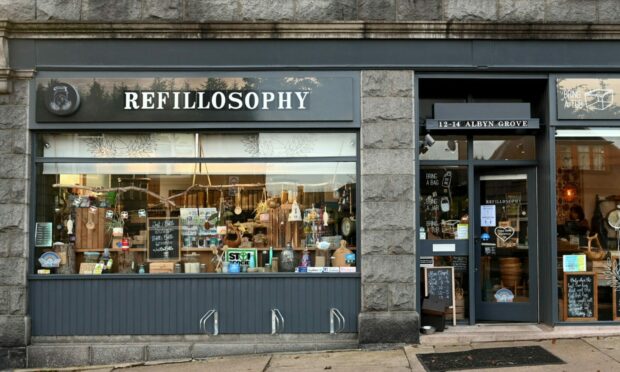
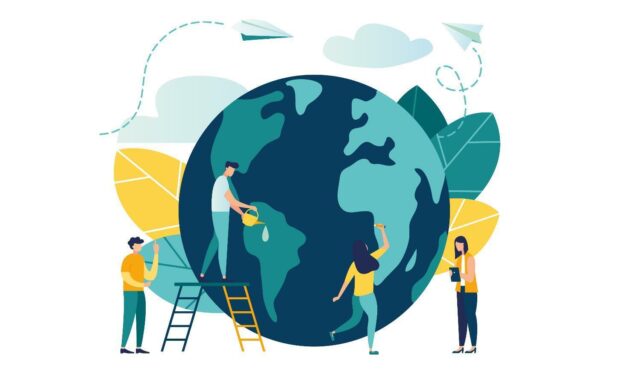
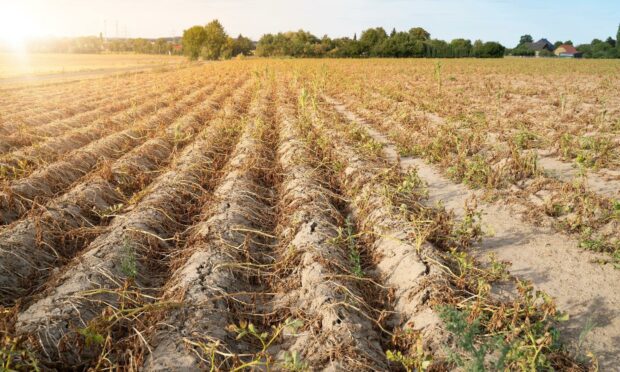
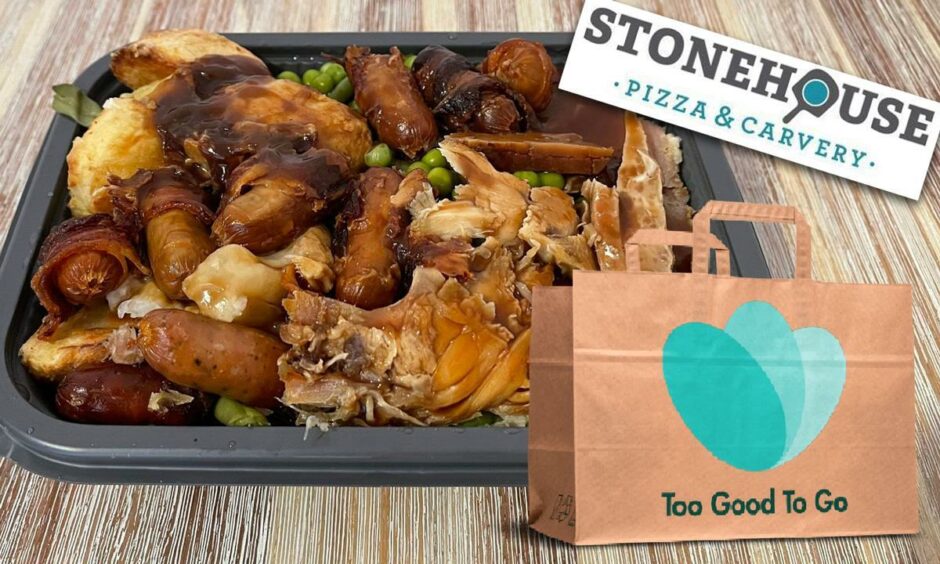
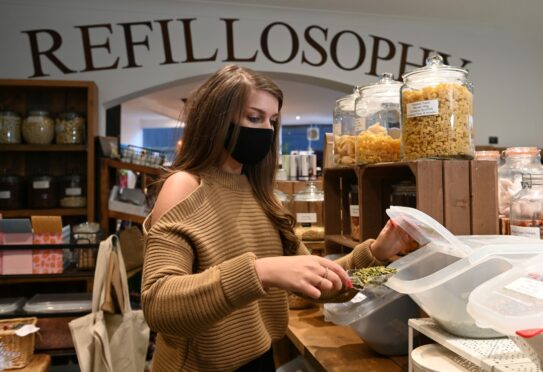
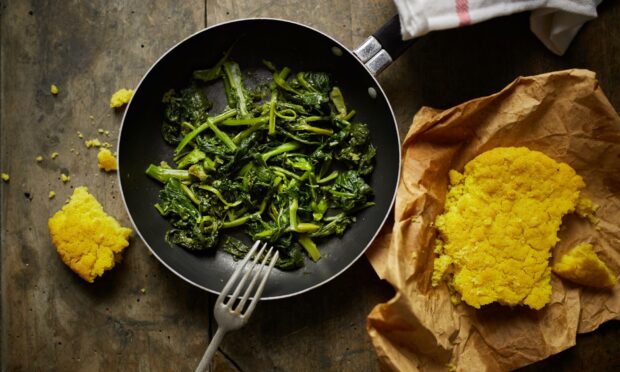
Conversation